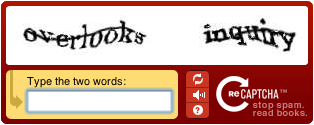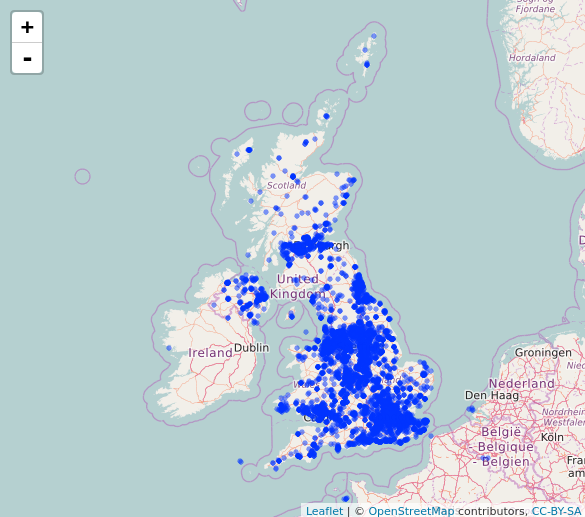
Geospatial data - data embedded in a spatial context - is used across disciplines, whether it be history, biology, business, tech, public health, etc. Along with community contributors, we’re working on a suite of tools to make working with spatial data in R as easy as possible. If you’re not familiar with geospatial tools, it’s helpful to see what people do with them in the real world.


